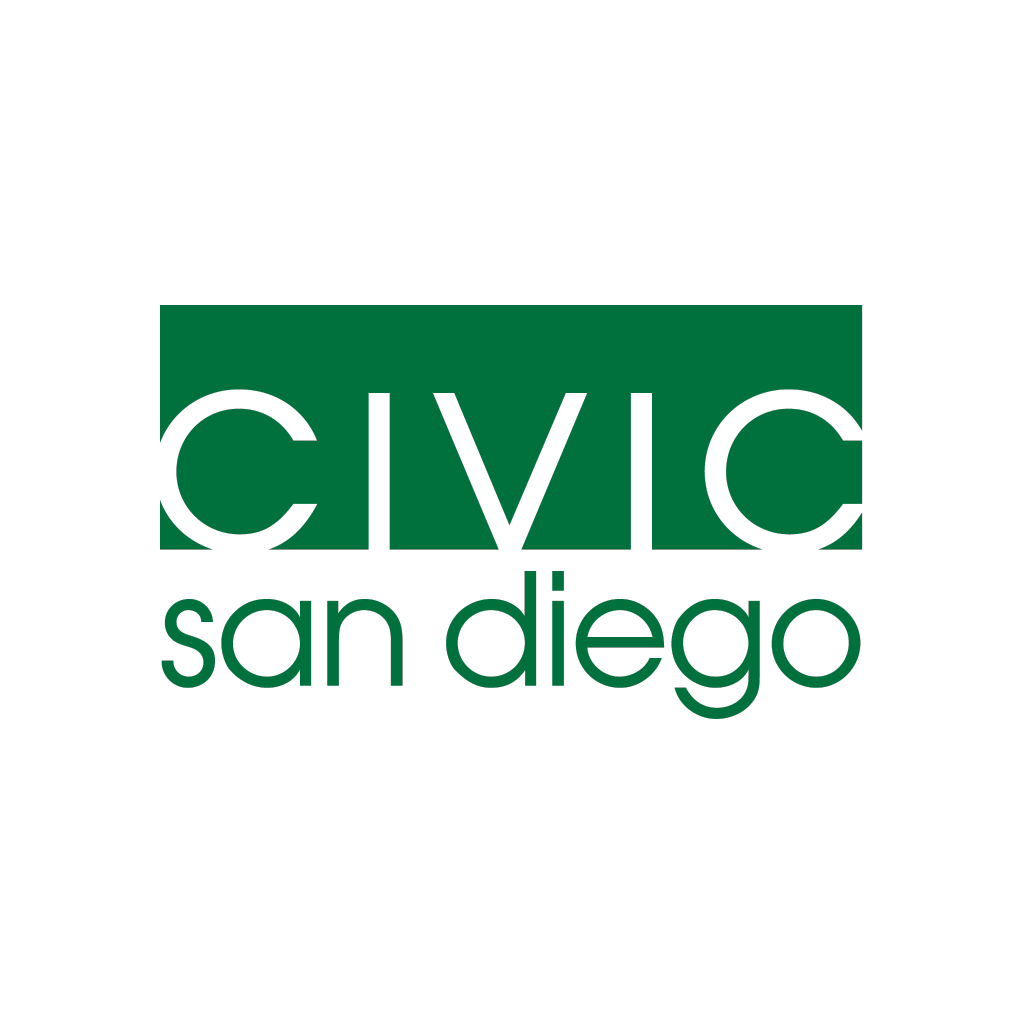SAN DIEGO, CA— Since 2012, Civic San Diego (CivicSD) has invested $84.5 million into economically challenged San Diego neighborhoods, furthering the agency’s mission to boost quality of life for San Diego’s underserved residents.
This has been done through New Markets Tax Credits (NMTCs), a federal program that deploys tax credits for projects that create quality jobs, or provide programs or services, in disadvantaged communities. Projects must be located in or directly benefit a community within selected areas.
“Over the past five years, CivicSD has done an exceptional job of securing and deploying these tax credits,” explained CivicSD President Reese A. Jarrett. “Because of our excellent track record, we’ve been able to secure more tax credits than any other similar agency across the nation with one exception. And that agency serves three counties.”
“We allocate these tax credits to attract investment in order to create high-impact projects in low-income communities,” he added.
There is more to come. To date, CivicSD has secured $133 million and deployed $84.5 million. They are currently awaiting announcement on their latest application for funding, which totals an additional $76 million, which would bring their total awards to over $200 million.
“These allow us to create jobs, deliver heath care, provide supportive services and offer training programs for San Diego residents who have the greatest need(s),” explained Jarrett.
Highlights of the program’s success are:
Copley-Price YMCA in the City Heights neighborhood has provided 2,125 subsidized memberships for financially challenged residents – a 40 percent jump from the previous year – and has raised more than $61,000 for camp scholarships. $23 million in NMTCs were used for this project.
Family Health Centers in Oak Park has provided 174 jobs at or above living wage levels plus healthcare and supportive services to more than 1,600 medically underserved residents between January and June 2017. $16.5 million in NMTCs were used for this project.
Urban Corps of San Diego County has provided an on-site charter school for 200 students; produced an 87% graduation rate; helped 69% of graduates find employment and 22% enroll in college. Additionally, Urban Corps helps support the City’s Climate Action Plan through their environmental services program, which trains young adults to install trees and maintains urban habitat within the City. Urban Corps leveraged $8 million in NMTCs to increase services.
Jackie Robinson Family YMCA in Mountain View is slated to open in October and has already created 110 direct predevelopment or construction jobs. About 35 percent of those jobs have gone to economically challenged residents, and minorities account for 40 percent of the subcontracting work and 65 percent of the staff positions. A total of $23 million in NMTCs were used to help build this facility.
County Office of Education’s Momentum Learning School is under construction but partially occupied and so far it has provided 55 predevelopment or construction jobs and 24 full-time jobs; 85 students are in the educational program with plans to serve 200 annually; 200 students are in the Career Technical Education program, 15 of which have found jobs, with plans to increase that to 100 annually. More than $7 million was used for this project.
Thrive Public School in Linda Vista will provide education to 500 K-8 students and house the Bayside Community Center so it can continue offering social, educational, and advocacy services; 22.5 jobs will be retained and another 24 jobs are expected. A total of $6.7 million was used for this project.
“We have more work to do in these communities, so we will continue to apply for these tax credits and seek business partners who are able to move meaningful projects forward,” continued Jarrett.
Congress launched the New Markets Tax Credit program in 2000 in hopes of driving business and real estate investment in disadvantaged communities.
CivicSD is able to receive and grant these federal tax credits because in 2012 it established the Economic Growth and Neighborhood Investment Fund, which earned its certification as a Community Development Entity—one of the main requirements to participate in the program.
CivicSD is actively working to find more qualifying projects to receive this type of investment. In order to qualify, a project must be located in, or directly benefit, an economically challenged community by creating quality jobs, or providing goods or services to underserved residents.
To present CivicSD with a potential project, or to learn more about how the program works, please contact Michael Lengyel at lengyel@civicsd.com.
Last modified: February 3, 2021
